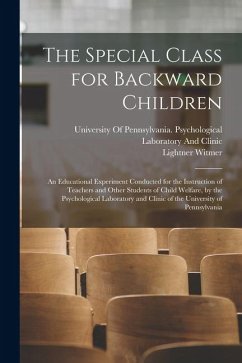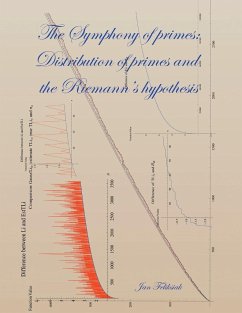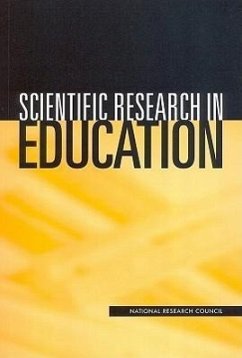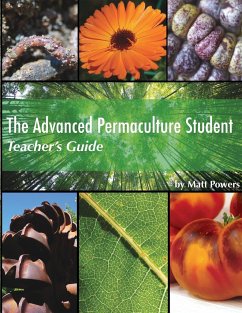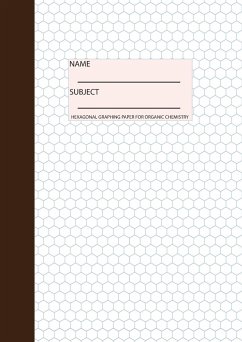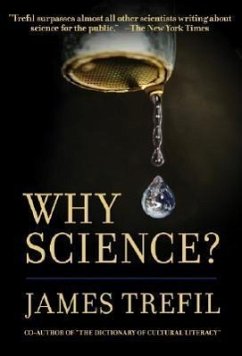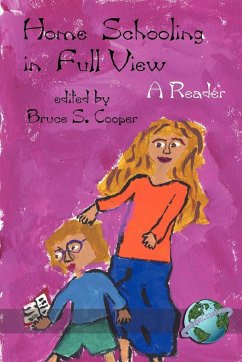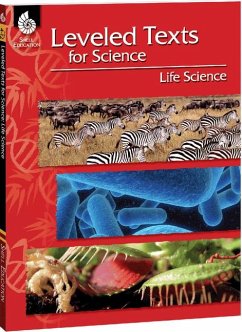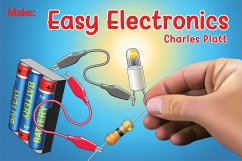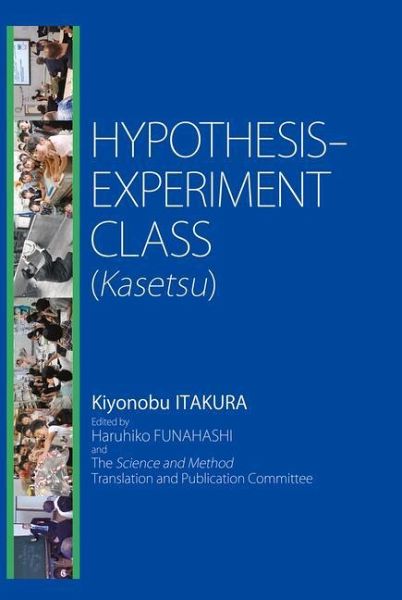
Hypothesis-Experiment Class (Kasetsu)
Versandkostenfrei!
Versandfertig in über 4 Wochen
23,99 €
inkl. MwSt.

PAYBACK Punkte
12 °P sammeln!
Hypothesis-Experiment (Kasetsu) Class is, in its simplest terms, a class designed so that students can learn 'basic, universal scientific rules and concepts' in an enjoyable way. This method was made by Dr. Kiyonobu Itakura. The first part of this book presents the philosophy behind Kasetsu Hypothesis-Experiment classes and Classbooks (Jugyosho). The second part includes English versions of four of the HEC Classbooks. Teachers are encouraged to find ways of allowing students' own curiosity and thinking to guide their discovery of scientific ideas.



